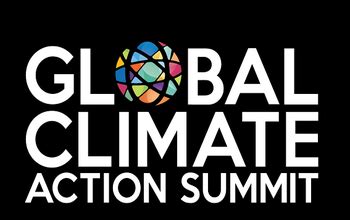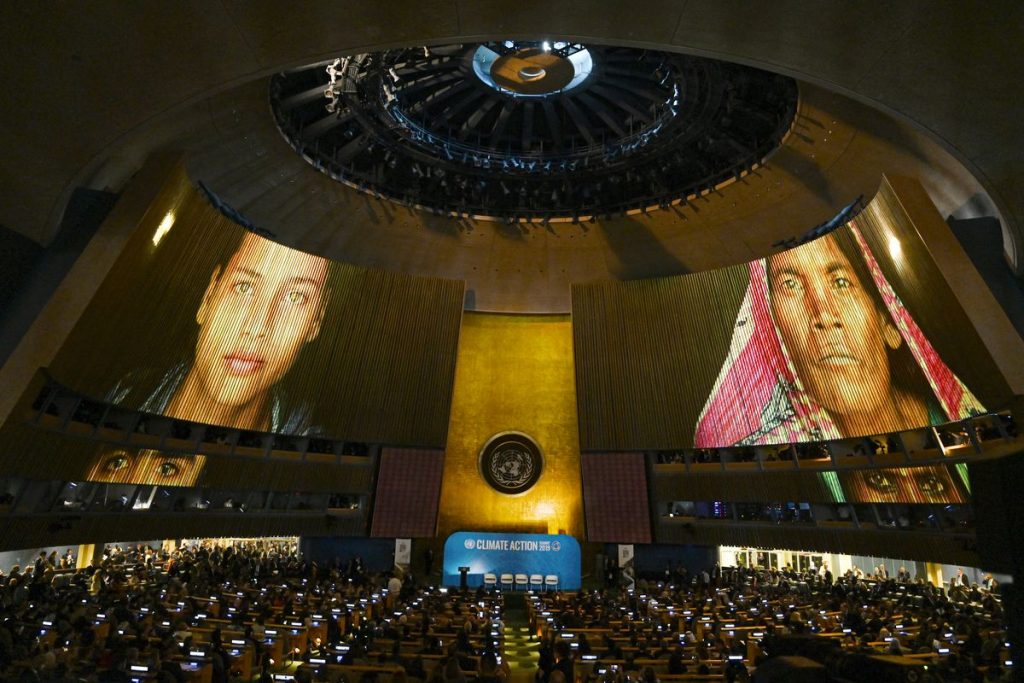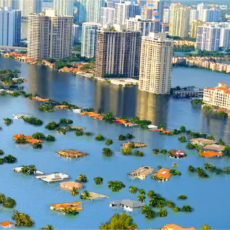
The United Nations (UN) Climate Action Summit was held at the UN Headquarters in New York City on September 23rd. Being a part of the UN General Assembly, the summit’s mission was to motivate the active achievement of what was set out in 2016’s Paris Agreement, particularly the goal of reducing global emissions on a scale that would see the earth’s temperature rise less than 2°C and ideally, rise less than 1.5°C. To stay under this threshold, UN Secretary-General António Guterres has asked world leaders to go beyond the action steps that were agreed to in Paris and produce comprehensive plans to reduce emissions by 45 percent over the next ten years and to achieve net zero emissions by 2050.

Leaders from nearly 200 countries attended the summit and of the represented countries, more than 60 leaders presented their greenhouse gas reduction programs. 70 countries agreed to strengthen their emissions programs stemming from what was established in the Paris Agreement, but these countries account for less than 7% of global emissions. 16 nations answered the Secretary-General’s call to go net-zero by 2050, and were largely comprised of small emitters that will be most affected by climate change. A total of 30 countries, including Germany, announced plans to end their reliance on coal. Several nations also pledged more money for the Green Climate Fund, a program seeking to aid developing countries in curtailing emissions. The United Kingdom, Canada, France, Norway and others helped establish over $7 billion in the fund. However, the Summit could be seen as a disappointment because the world’s largest emitters were not among those taking part in extreme emission reduction programing. The United States did not present a reduction program. Though India and China did present, their programs were not as ambitious as what Secretary-General Guterres was intending for with this summit. India’s program was more in line with the 2°C rise scenario and China’s program is currently above the 2°C target.

In addition to the emissions reductions presentations, there were other key moments during the Climate Action Summit. Greta Thunberg, a 16-year-old climate activist from Sweden, gave an impassioned and deeply critical speech to the audience of world leaders, repeating the phrase “How dare you?” throughout. Thunberg held her audience responsible for the climate apathy of the past that delayed meaningful action to preserve economic gains, with climate science establishing how serious the problem was 30 years ago. She also criticized the Paris Agreement’s goal aiming to hold the global temperature rise below 1.5°C, citing a 50% chance of salvaging the natural systems of the earth under that scenario, when considering tipping points and feedback loops. Conversely, an interesting moment occurred when United States President Donald Trump, who withdrew the U.S. from the Paris Agreement in 2017, made a surprise appearance at the summit but did not speak.
The climate crisis is a race we are losing, but it is a race we can win.
Secretary-General António Guterres
The countries like Costa Rica, Norway and Switzerland that are currently pushing the boundaries of climate action are the salt of the earth. Each country accepted Secretary-General Guterres’ net-zero challenge and plan to succeed by transitioning public transit systems to run entirely on renewable electricity as well as expanding the development of technologies that remove greenhouse gases from the atmosphere. This is excellent for establishing effective planning and execution methods to drastically reduce emissions on a national scale. The importance of these leaders is not to be underestimated, but the unavoidable truth is that those most responsible for global greenhouse gas emissions, chiefly the United States, China and India, need to be peers with these leaders. An easy way of achieving this would be listening to Greta. Her push for action more ambitious than anything in the Pairs Agreement, backed with the weight of young people set to live through disastrous times, is what this world truly needs. Imagine this quote from Secretary-General Guterres, “My generation has failed in its responsibility to protect the planet…The climate crisis is a race we are losing, but it is a race we can win” coming out of the mouth of an Indian, Chinese or American leader. For real action to be made, that sentiment must become a reality.




